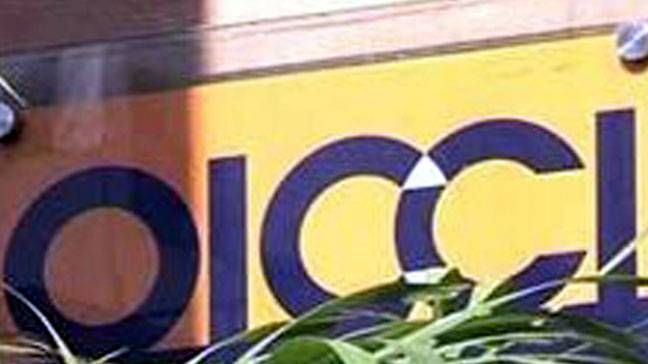LAHORE - The Overseas Investors Chamber of Commerce and Industry (OICCI) shared the results of its Business Confidence Index (BCI) Survey - Wave 14 - on May 10, 2017.
The survey showed an overall positive Business Confidence Score (BCS) of 13 percent, a 4 percent decline over the previous BCS of 17 percent reported in November 2016 (Wave-13). This is also significantly lower than the highest ever BCS of 36 percent recorded in a similar survey of April 2016.
In the latest BCI survey, only the services sector has gained in confidence by 4 percent, while the business confidence score of the manufacturing and retail sectors declined by 9 percent and 4 percent, respectively. Key factors responsible for the fall in business confidence were significant drop in capital investment plans for the next six months, as well as an unstable business situation in the region and the country during the past six months. These views of the respondents in the latest survey were mainly due to continuing challenges in the area of energy, security and government policies, leading to relatively lower demand for products.
The sentiments of the leading foreign investors, represented by OICCI members, who were included in the current survey randomly, also declined by 9 percent as compared to last November 2016 survey, but with a BCS of 37 percent, in the April 2017 survey, they continue to maintain significantly more positive sentiments than the remaining respondents. This is a positive indicator for future FDI inflow which can further improve with proactive settlement of issues of the foreign investors.
Commenting on the BCI results, OICCI President Khalid Mansoor said, “Downward trend in the business confidence, including amongst foreign investors, is very disturbing considering the current improved economic parameters, government focus on improving the energy and security situation, and the positive fall out expected from the ongoing CPEC projects.”
BCS of various business sectors reflect that Financial services (58pc), Chemical/Cement (27pc), Non-metallic (23pc) and Real Estate (21pc) are most booming sectors, whereas Tobacco (-38pc), Petroleum (-13pc) and Textile (-2pc) have emerged as most restrained sectors. The BCS of automobile industry nose-dived from positive 42 percent in the previous wave to a mere 4 percent in the latest BCS - wave 14 - survey.
BCS of metro cities of Karachi/Lahore/Islamabad combined, declined and recorded a positive of 10 percent only, as compared to 19 percent in the previous survey, mainly due to fall in BCS of Lahore to a negative 3 percent from positive 26 percent in the previous survey. BCS for Karachi on a standalone basis declined to positive 10 percent vs 17 percent, whereas for Islamabad/Rawalpindi it registered a significant improvement and posted a BCS of 33 percent vs 19 percent previously. The BCS of non-metro cities of the four provinces improved to a positive 20 percent compared to 8 percent recorded in November 2016.
Mansoor urged the authorities to address issues of policy implementation, lack of coordination among federal and provincial authorities, tax anomalies and settlement of the long pending tax refunds through proactive engagement with key stakeholders. The survey conducted through field interviews in all four provincial capitals, Islamabad and key business towns across the country, is based on feedback from representatives of all business segments in Pakistan, including retail, and covers roughly 80 percent Gross Domestic Product of the country.






